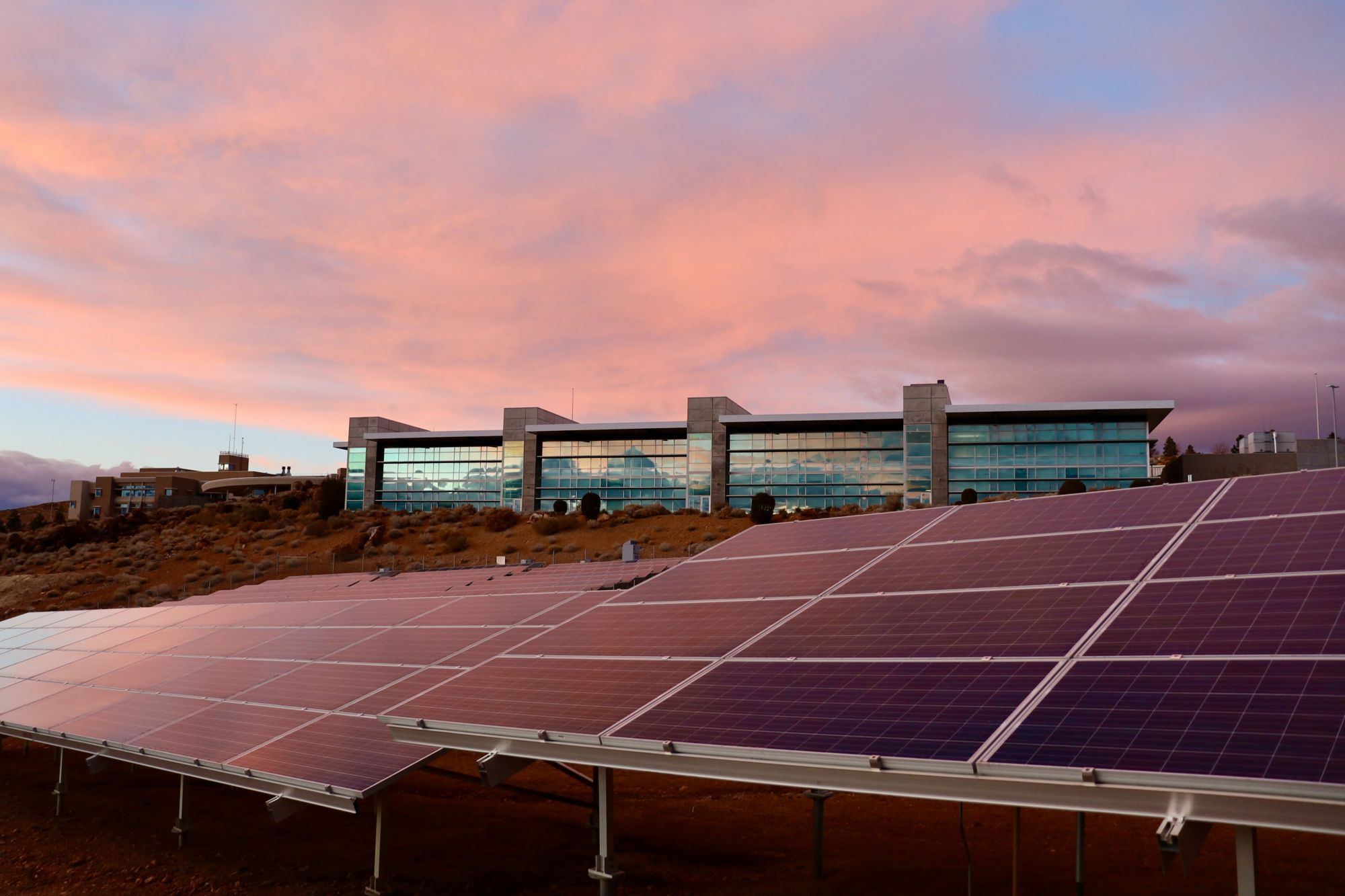Malaysian climate change leader Khairun Nisa Zabidi on why a commitment to net-zero carbon can help your company pull ahead of the pack
Climate change is a bigger talking point in company boardrooms than it has ever been. And it's not only because the future of the planet is at stake; the sustainable growth of almost all companies is reliant on slowing and reversing the effects of climate change.
There's consumer demand for it too. According to a survey conducted by Nielson, 81 percent of consumers strongly believe that companies must contribute to improving the environment.
The crux of the problem is that the global economy is still built on a model of perpetual growth, of unlimited access to resources. Only now are organisations starting to change their behaviours in recognition of the fact that there are limits and consequences to everything that we extract, manufacture, consume and waste.
See also: This Ecologist Is Using AI To Help Restore Malaysia's Rainforest. Here's How

Khairun Nisa Zabidi leads the UK’s International Climate Fund (ICF) in Malaysia, a multi-million-dollar technical assistance programme that helps countries to “accelerate their clean growth transitions and reduce carbon emissions”. Khairun says company executives need to start by evaluating their business model and considering how relevant the company's products or services will be in the next 50 to 100 years. “Unfortunately, many companies think in the short term and don’t forecast risk beyond three to five years, because of broad variables,” she says.
“We need to move away from whether climate change exists. That's not the question any more. It really is about us making decisions based on what science tells us. Consider what the world will look like in 20 years if we don’t act,” says the former sustainability and climate change consultant.
She warns that even long-established companies, family-owned business that have survived for generations, face an existential crisis today. To survive it, companies need to be transparent and collaborative. “If you think about companies like Coca-Cola, where most of their business is dependent on clean water, they cannot work in a silo to protect their water source. This is something that involves everyone, and establishing partnerships is crucial in determining what our future will look like."
See also: Flying Taxis Will Launch in Singapore and Paris by 2024

